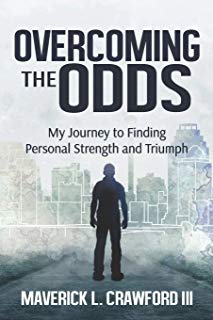Communicating Strengths and Needs in College
Whether or not a student should formally disclose an autism spectrum disorder to disability support staff at a college or university is a personal decision one should make after thoughtful consideration. It is my opinion, however, that students have the potential for a better college experience when they provide faculty with information that improves the ability of the instructor to communicate with the student and accommodate his or her academic and social needs.
We at Marshall University have found that providing professors with information and examples about preferred instruction styles can help facilitate a successful classroom experience.
Your school might have disability services in place that offer facilitation between professors and students to help fit their accommodations. Oftentimes these services take the form of a letter written to the instructor that explains the student’s necessary accommodations for the class, which the professor must adhere to.
Look to see if your campus offers such services, and set up an appointment with a disability services representative to discuss your options. If your school does not offer services such as these, you can create this letter yourself.
Here is one example of how a letter to your professors could look.Continue Reading
Marc Ellison, Ed.D. is a Licensed Professional Counselor (LPC) and an approved Licensed Professional supervisor (ALPS) who has worked nearly 30 years to provide person-centered support, services and advocacy to individuals who live with autism spectrum disorders, their families and those who support them. He has supported individuals with ASD throughout their lifespan, as they moved to the community from state-supported institutions, searched for and obtained employment, entered into relationships, and transitioned into college. Dr. Ellison is the Executive Director of the West Virginia Autism Training Center, and a part-time professor at Marshall University.












